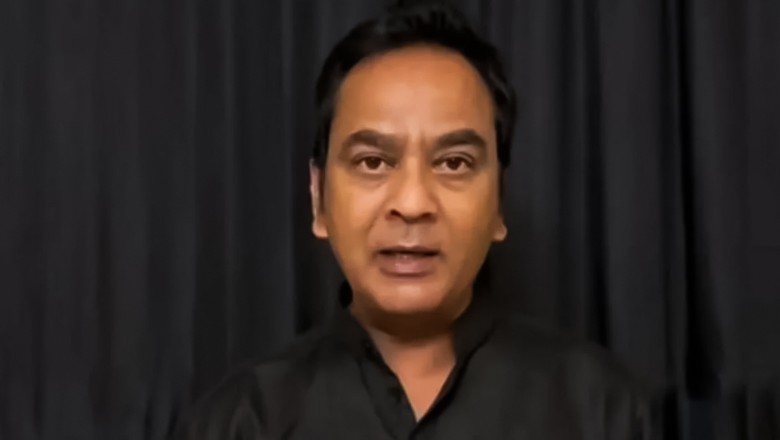Can online criticism of government, state institutions be considered cybercrime?

Web Desk
|
23 Oct 2024
The recent approval of the National Cyber Crimes Investigation Agency rules (NCCIA) has raised concerns about the government's intentions to curb free speech and silence dissenting voices.
The federal cabinet has decided to curb propaganda, harassment, and rumour-mongering on social media, approving the NCCIA rules.
Individuals found guilty of cybercrimes will face severe penalties, including imprisonment ranging from 5 to 15 years and substantial fines.
The move comes amidst growing concerns over online harassment and fake news, particularly in the wake of the recent Punjab College incident.
On October 11, 2024, some social media accounts posted that a 16-year-old female student was allegedly raped in the basement of the college building.
The incident sparked massive protests in Lahore and other cities of Punjab, with students demanding justice for the victim.
However, the principal of the educational institute, Punjab government and family members of the victims denied the allegations circulating on social media.
The police have also lodged a first information report (FIR) under Section 20 of the Prevention of Electronic Crimes Act (PECA) 2016 against those spreading the "fake story" online.
But why the government want to censor every dissenting voice in the country by introducing new laws every day?
According to sources, it's possible that the government is trying to maintain control over the narrative and suppress dissenting opinions, especially those that criticise state institutions or politicians online.
However, this raises questions about the balance between national security and individual freedom.
In a society where sanity is often questioned, it's essential to consider the impact of censorship on mental health and well-being.
Renowned psychologist Erich Fromm argued that societal pressures can contribute to collective insanity, and censorship can exacerbate this issue.
According to sources, the factors contributing to censorship are as follows:
National Security: Governments may cite national security concerns to justify censorship, but this can be used to silence critical voices.
Social Control: Censorship can be a tool to maintain social order and suppress dissent.
Power Dynamics: Governments may use censorship to maintain control over the narrative and suppress opposing views.
Consequences of Censorship:
Mental Health Implications: Censorship can contribute to collective insanity and negatively impact mental health.
Undermining Democracy: Excessive censorship can erode democratic values and undermine freedom of speech.












Comments
0 comment